Five Things You Need to Know About Filing A DMCA Designated Agent
Enacted in 1998 as part of the Digital Millennium Copyright Act (“DMCA”), 17 USC Sec. 512 established a system for copyright owners and online entities to address online infringement.
Does Your Website Have Third-Party Generated Content?
If you are a service provider (the term service provider includes web sites) that allows the upload of third-party generated content, you may have limitations on liability if you fulfill certain requirements. One requirement is registering a Designated Agent with the U.S. Copyright office to receive notice of infringing content posted on your website.
Why Should I Register a DMCA Designated Agent?
To protect your business from certain claims of copyright infringement.
By What Date Do I Need to Re-Register?
New regulations went into place on December 1, 2016, the same date the U.S. Copyright Office launched a new electronic system and directory. The new electronic DMCA Registered Agent registration system will expedite the process of recording and searching for Registered Agents. Any service provider that has previously designated an agent with the Office will have until December 31, 2017 to submit a new designation electronically through the new online registration system.
As part of the transition to the new system, the Office’s present public directory of designated agents, generated by service providers’ paper filings, will be phased out on December 31, 2017. Until that time, an accurate designation in the old paper-generated directory will continue to satisfy the service provider’s obligations under section 512(c)(2), and the public will need to continue to search the paper-generated directory if the service provider is not yet listed in the new electronically-generated directory.
Where Do I Register My DMCA Designated Agent?
You can register online for only $6 via the U.S. Copyright Office.
How Does Someone File A Notice of Claimed Infringement When I Have a Designated Agent?
When a copyright owner’s work is allegedly being infringed on or through a service provider’s service, the copyright owner may send a notification of claimed infringement (often referred to as a “takedown notice”) to the service provider’s designated agent. For takedown notices to be legally effective, they must be provided to a service provider’s designated agent in writing and include substantially the following:
- A physical or electronic signature of a person authorized to act on behalf of the owner of an exclusive right that is allegedly infringed.
- Identification of the copyrighted work claimed to have been infringed, or, if multiple copyrighted works at a single online site are covered by a single notification, a representative list of such works at that site.
- Identification of the material that is claimed to be infringing or to be the subject of infringing activity and that is to be removed or access to which is to be disabled, and information reasonably sufficient to permit the service provider to locate the material.
- Information reasonably sufficient to permit the service provider to contact the complaining party, such as an address, telephone number, and, if available, an electronic mail address at which the complaining party may be contacted.
- A statement that the complaining party has a good faith belief that use of the material in the manner complained of is not authorized by the copyright owner, its agent, or the law.
- A statement that the information in the notification is accurate, and under penalty of perjury, that the complaining party is authorized to act on behalf of the owner of an exclusive right that is allegedly infringed.
17 U.S.C. § 512(c)(3)(A). Upon receipt of a compliant takedown notice, a service provider must respond expeditiously to remove, or disable access to, the material that is claimed to be infringing or to be the subject of the infringing activity. If a service provider fails to do so, it may lose its safe harbor protection and be subject to an infringement suit.
